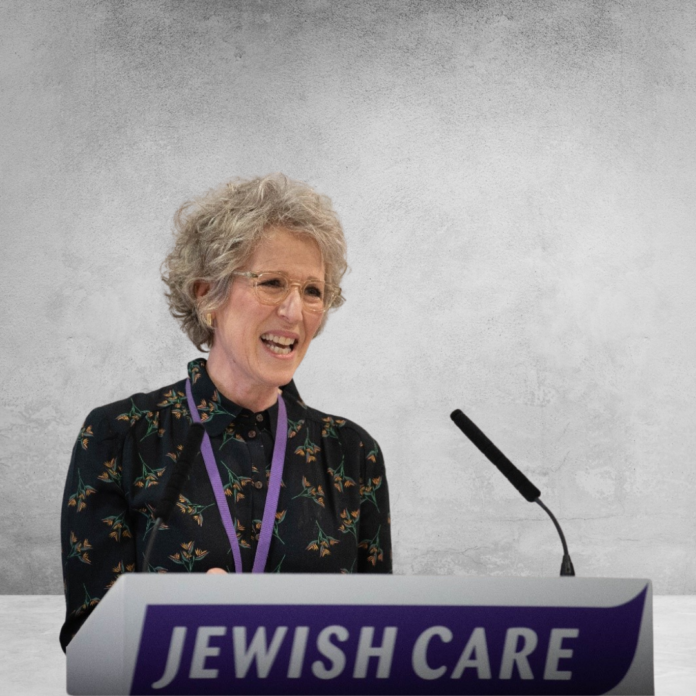
Paula Plaskow is a social worker and Jewish Care’s End of Life and Palliative Care Lead, and her team are winners of the End-of-Life Care Award at the 2022 Markel Care Sector Awards. This article is written in connection with Dying Matters Awareness Week from 2-6 May 2022 in collaboration with Dementia Action Week from 16-20 May 2022.
For most people, there is an instinctive aversion to confront ageing and mortality for fear discussing it could somehow hasten illness or death. However, whilst continual medical advances are enabling people to live longer, it may not always be with quality or dignity, but we only have a finite time on this earth. Research consistently shows that most of us avoid discussing planning with family or friends, or execute Wills to govern our affairs or grant Lasting Powers of Attorney to enable people we trust to take crucial decisions should circumstances impair our mental capacity. We postpone and defer, always thinking that there is plenty of time – sadly, that is not always the case.
Dementia is the loss of cognitive function which, as it progresses, can change a person’s life and capabilities, and impact upon their emotions and relationships. Dementia diagnoses have been increasing. This cruel disease is epitomised by a pervasive uncertainty resulting from an unknown future that continually challenges the person with dementia and important people in their life, often over an extended period.
End-of-life planning is not, and should not be, solely about death itself and the decisions governing a person’s final days. Instead, it should be about an approach that seeks to understand all aspects of a person’s wellbeing, care, and What Matters Most to them throughout their lifetime, no matter what age or stage of life. In the context of a dementia diagnosis, this is fundamental. Assumptions about people’s intentions and priorities, against the backdrop of cognitive progressive decline, are often done under pressure, when the carer and family is under much emotional distress, and therefore adversely impact an individual and their quality of life. Unfortunately, the absence of end-of-life planning has forced too many people to confront painful issues during illness or grief when they feel most emotionally exposed thereby compounding their fears, concerns, and pressures upon them.
Our challenge is to support people in navigating the plethora of information and advice, ensure we communicate with healthcare professionals involved to achieve a cohesive care planning that empowers people and those with dementia and their families to approach their later years with clarity, compassion, and confidence. This challenge is at the core of Jewish Care’s ethos and values. Jewish Care is placing itself at the forefront of raising awareness and changing mindsets with the aspiration that, as a society, we can provide the community we support with the best care and support.









